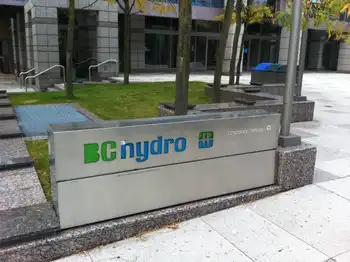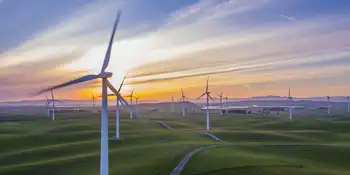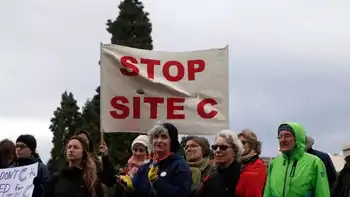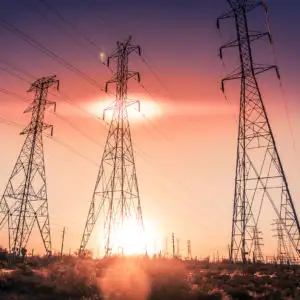Rule book needed for carbon capture and storage
By Electricity Forum
NFPA 70e Training
Our customized live online or in‑person group training can be delivered to your staff at your location.

- Live Online
- 6 hours Instructor-led
- Group Training Available
The researchers looked at AustraliaÂ’s proposed new legislation governing the use of carbon capture and storage (CCS) technology, and what lessons Alberta and Canada might learn prior to widespread use of CCS to reduce the emissions blamed for global warming and climate change. Their analysis showed that, to convince industry to invest in CCS, there needs to be a clear legal and regulatory framework in place for deploying the technology.
“The most important lesson for Alberta is that we need to get our act together and put a CCS rule book in place,” says lead author Prof. Nigel Bankes, a professor in the U of C’s Faculty of Law.
CCS involves capturing carbon dioxide (the main greenhouse gas) at industrial facilities, and then transporting the CO2 to locations where it can be permanently stored or “sequestered” underground in geological formations. Alberta and Canada both are counting on CCS technology to make deep cuts in greenhouse gases. The province’s climate change plan envisions CCS accounting for about 70 per cent of Alberta’s emissions reductions.
“If we want industry to invest in CCS technology, we have to put in place a set of rules that provides industry and the public with some certainty on key issues such as ownership of geological reservoir pore space, the regulatory system for approving storage projects and questions of long-term liability for storage sites,” Bankes says.
Earlier this year, a report by the joint-federal ecoEnergy Carbon Capture and Storage Task Force said CCS is a crucial tool that could help reduce greenhouse gas emissions rapidly and on a massive scale. The task force report noted that the Canada-wide potential to capture and store CO2 may be as high as 600 million tonnes a year – or about 40 per cent of Canada’s projected emissions in 2050.
The main challenge to the widespread adoption of CCS technology is the economic challenge, especially the cost of capturing CO2. However, the task force and other experts have also stressed that governments need to put in place an appropriate legal and regulatory framework for CCS, especially the storage aspects.
Governments in Australia, at both the federal and state levels, have been taking a leadership role in developing such a legal and regulatory framework, and the Commonwealth government tabled draft legislation in May 2008.
The Australian legislation addresses most of the major issues and concerns regarding CCS that Alberta needs to resolve in order to deploy the technology, Bankes says. He and co-author Jenette Poschwatta suggest how Alberta might be able to incorporate some of the Australian concepts into the existing regulatory system for oil and gas resources administered by Alberta Energy and the Alberta Energy Resources Conservation Board.











